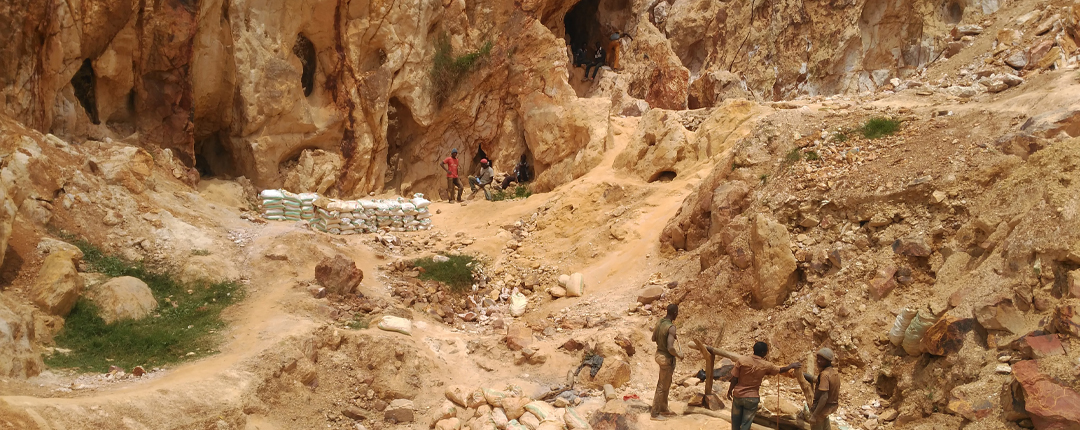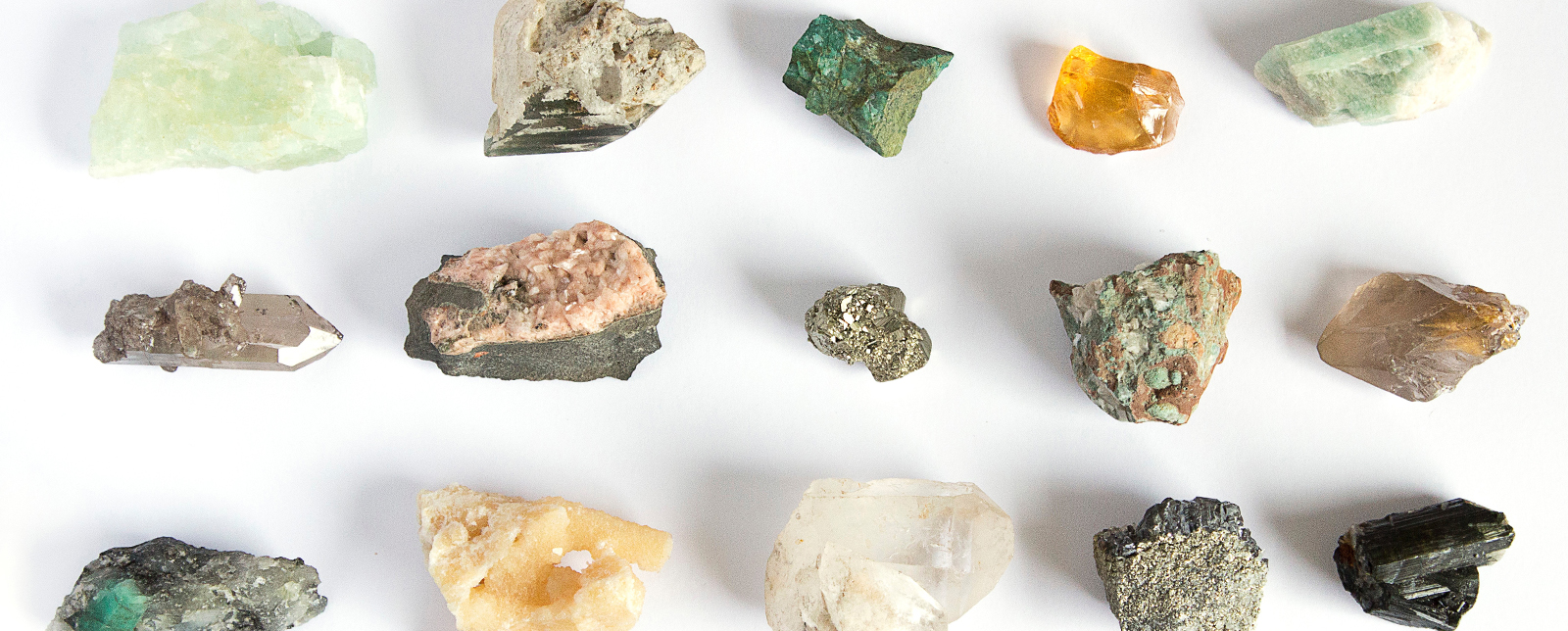
The Human Rights Responsibility Of Jewellery Companies And International Responsible Sourcing Standards.
Human rights abuses that occur within jewellery supply chains are well-documented. In the majority of cases the problems are rooted in poverty and affect the marginalised and powerless who have little defence against exploitation. The exploitation may take place at the hands of governments, through political volatility or as a result of price-sensitive market forces squeezing the most vulnerable in a supply chain.
Typically, an item of jewellery is the end product of a long and architecturally complex supply chain. However, the word ‘chain’ is misleading; it suggests a linear process with clear links leading from one partner to the next. In reality, the route to market for each element of a finished piece of jewellery is far from linear but more accurately described and viewed as an eco-system.
Neither is it common for jewellery supply chains to be ‘vertically integrated’. That would make for a simple and highly visible chain-of-custody. While these do exist (our clients Scotgold and Goldlake set fine examples), they tend to be the exception rather than the rule.
At the heart of the gem and jewellery supply chain is a complex network of inter-dependent relationships between multiple, frequently small-scale, enterprises. As a result, full traceability remains an aspiration for many brands.
Experience teaches us that overly simple solutions to complex problems can harm more than help. An example might be a brand, in seeking to gain complete control and traceability, who abandons their small informal legitimate mining suppliers, in favour of bigger producers who are involved in large scale regulated mining.
This is not a fix. Apart from the limitations it places upon the brand in terms of the materials available to them, the consequences for those whose fragile livelihoods depend on the business can be disastrous.

TDI Sustainability (TDI) has worked for decades with the jewellery, electronics and extractives industries to bring about systemic change and improvements to mining communities on every continent and across the supply landscape.
We specialise in bringing meaningful and measurable development impacts to those who are marginalised and most vulnerable to human rights abuses. In particular, we work to promote and protect the rights of women, children and indigenous peoples. We are proud to be undertaking a project with Unicef currently, focussed on the wider effects of mining in Bolivia on children’s rights and well-being.
We also freely contribute our knowledge and subject-matter expertise to movements for gender equality in jewellery supply chains.
Our ‘Source and Connect’ service joins the dots between producers and off-takers. Producers seeking to free themselves from poverty while at the same time committing to transparent and sustainable mining practices are introduced to brands who are committed to conducting responsible business and building robust supply chains of which they can be proud.
The process of continual improvement is essential. Sustainability goals extend beyond our own lifetimes. Business is not a static activity and at TDI we take pride in anticipating and mitigating risks while capturing development opportunities. We do this through a ‘feet on the ground and head in the Heavens’ approach.
Our team scouts the globe for sources and dedicates time in the field to understand the specific issues that a mining community may face. We look at how we can address those issues through a variety of approaches including screening and due diligence tools and processes, as well as capacity building. Innovative examples include several projects with The Facility, our impact investment fund, currently being implemented with Fairtrade Africa and Comic Relief. With our ‘head in the Heavens’, we think creatively about the most impactful route to bring positive and lasting change to that community. Then we develop a commercially viable strategy to meet the objectives.
Meanwhile, we generate new initiatives and actively participate in existing ones that seek to alleviate poverty, address corruption and promote transparency for precious minerals used in jewellery. As a mission-driven consultancy, we seek to co-operate widely and effectively across the minerals space. An example of this is our on-going work with luxury jewellery brands and mining companies collaborating to develop purposeful standards and rigorous due diligence tools for a responsible coloured gemstone supply chain. In 2018 we will report further on developments and how this initiative will harmonise with existing certification schemes.
In closing the circle, TDI supports businesses seeking certification to interpret standards and how to implement them.
We have a strong track record in ‘holding hands’ with those who wish to successfully complete the journey to full 3rd party certifications (including Fairtrade, Fairmined, RJC and others). We support our clients to analyse or augment their existing CSR policies and understand what these look like, in practice, through clearly stepped procedures and learning toolkits. We can even conduct stringent ‘mock-audits’ and help them to get to know their suppliers better.
After all, that is the ultimate goal of achieving ‘transparency’; to understand and appreciate those who produce your goods so that you may create a strong sustainable business together and maximise your positive impact on those around you.